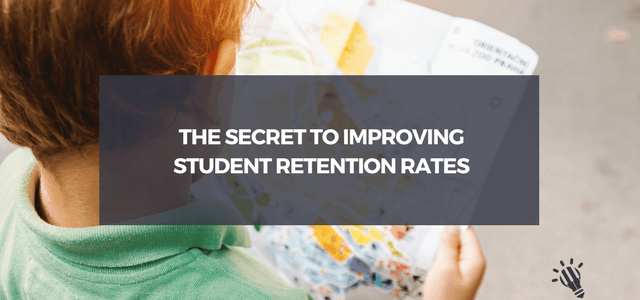As music teachers running our own studios, working for an outside studio, or teaching independently, we’re always striving to captivate our students’ imaginations. We want to leave them hungry for more, eagerly anticipating their next lesson.
We do this by customizing their lessons, making them challenging but fun, and getting to know our students as people.
But to build the satisfying, long-term relationships that will sustain your career, you must take care to nurture another, “behind-the-scenes” relationship.
If you’ve found your student roster shrinking or plateauing, you may need to ask yourself, How much effort am I putting toward getting to know my students’ parent(s)*?
(*This could include caregivers, or whoever is in charge of your students’ lessons.)
Related: Podcast- What to say to parents when their child is about to quit
Frankly, parents are powerful. They decide if you will teach their child. They pay you (or your employer). If they like you, they’ll tell their friends about you — in real life and on social media — and voila, you can stop worrying so much about marketing.
As a result, music teachers should go the extra mile to chat with parents and ensure you’re meeting their needs. This relationship-building helps you in several ways:
Enjoying this post? You might also like Tim’s open letter to piano parents. Click here to explore how Tim explains to his piano parents the importance of a creative music education.
Strong parent relationships can be especially relevant for younger teachers who aren’t much older than their students, or for teachers who otherwise struggle with establishing authority.
Many of us are working swiftly through back-to-back lessons, so making extra time to chat can feel impossible.
Try working in a five-minute “parent talk” at the beginning of the lesson. Doing this takes the pressure off trying to “squeeze in” a talk before your next student, and you don’t run late as a result.
While you might feel this approach detracts from your student’s lesson time, remember that you’re investing in their long-term success. Make parents aware of this intention, so that they can expect the same agenda each week.
If you never see the parents because a caregiver takes them to lessons:
If friendly small talk is in your wheelhouse, then schmooze to your heart’s content!
But really, this isn’t about schmoozing — it’s about relationship-building. You want to create a space where questions are asked, answered, and encouraged. You want to share what you’ve observed about your student, and how you think that student can be best supported at home.
If you’re shy, you need not pretend to be extroverted. Your reflectiveness and observations are more than enough to guide the conversation. If you’re someone who cuts to the chase, skip the small talk completely and get right down to nuts and bolts.
In other words, make the content and feel of the conversation workable for you. Keep the relationship authentic.
Parents always love talking about their own kids. So, regardless of conversational style, a teacher with genuine interest in their kids will be a parental favorite.
Building strong parental relationships is one of the most powerful ways to improve your student retention rate. The few minutes you spend on it each week will enrich your work and increase your students’ progress. It’s anything but “small talk”.
How do you form meaningful relationships with your piano parents? Does it help you improve student retention rates?
By the way, if you enjoyed this post but need a bit more help selling your teaching, then I’ve got the perfect post for you. Click here to read.
